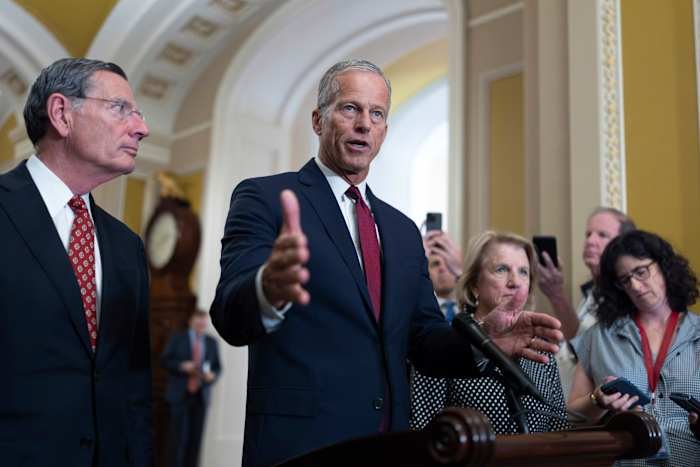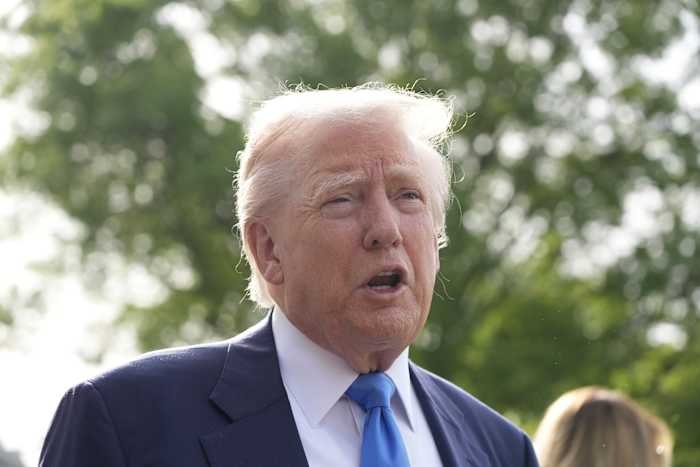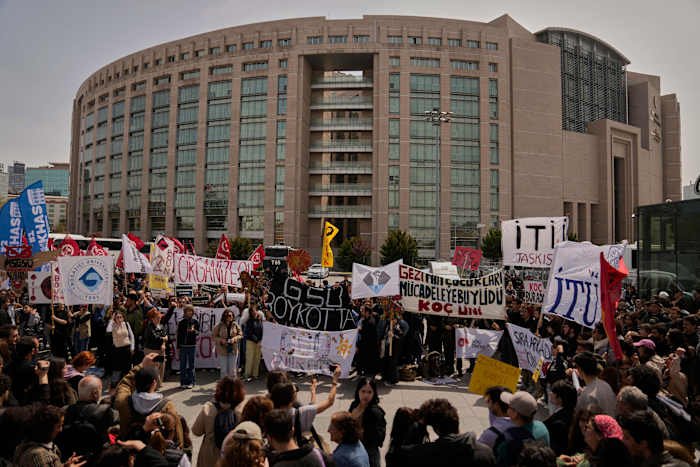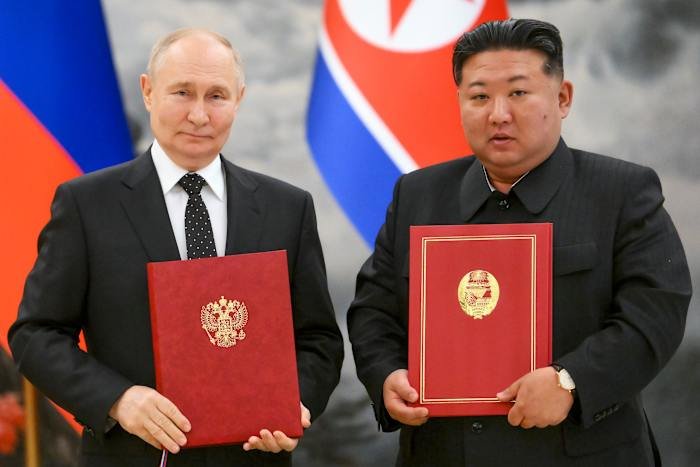Daily Orlando News – The United States Senate is once again at the center of national attention as Republicans, led by Senator John Thune, signal their intent to change longstanding rules to accelerate the approval process for President Donald Trump’s nominees. This move comes after months of stalled nominations, with Democrats using procedural tactics to delay appointments for key federal positions. As the debate heats up in Washington, the ripple effects are being felt all the way down the I-4 corridor, including right here in Orlando.
Understanding the Senate Rule Change Proposal
The Senate, governed by a complex set of rules and traditions, has historically allowed the minority party to slow or block presidential nominees through the use of filibusters and extended debate. Senator John Thune (R-South Dakota), the Republican whip, has recently announced that his party is considering a significant change: reducing the amount of debate time allowed for certain presidential nominees, making it easier for the majority to confirm appointments with fewer delays.
This strategy isn’t entirely new. The so-called “nuclear option” has been invoked in the past, most notably in 2013 by Democrats for lower court nominees and in 2017 for Supreme Court nominees. Now, with many of President Trump’s picks for federal agencies and judgeships still awaiting confirmation, Republicans argue that further changes are necessary to keep the government functioning efficiently.
Why Are Trump’s Nominees Being Blocked?
Opposition to President Trump’s nominees has been fierce, with Democrats citing concerns over qualifications, policy positions, and the broader direction of the administration. Many Democrats have used Senate rules to extend debate or force procedural votes, effectively slowing the confirmation process to a crawl. As of now, hundreds of positions—including judgeships and agency appointments—remain unfilled.
For Central Florida, and Orlando in particular, these vacancies can have practical consequences. Federal agencies play a significant role in everything from disaster response to transportation funding, both of which are critical in a region prone to hurricanes and rapid growth. Delays in confirming nominees could mean slower responses to local needs, less federal support, and uncertainty for businesses and families.
How Could the Rule Change Affect Orlando?
While the Senate’s internal rules may seem distant from everyday life in Orlando, their impact is far-reaching. If Republicans succeed in changing the rules, presidential nominees could be confirmed more quickly, resulting in a more fully staffed federal government. This could benefit Orlando in several ways:
- Faster Disaster Relief: Agencies like FEMA rely on confirmed leadership to coordinate disaster relief. In hurricane-prone regions like Central Florida, timely appointments can mean swifter federal aid after a storm.
- Improved Transportation Projects: Orlando’s ongoing infrastructure projects, from SunRail expansions to I-4 improvements, often depend on federal grants and oversight. A fully staffed Department of Transportation could expedite these projects.
- Economic Growth: Federal agencies administer numerous programs supporting tourism, small businesses, and research—key sectors in the Orlando economy. Filling top positions could unlock funding and streamline processes.
However, critics warn that speeding up confirmations could result in less thorough vetting of nominees, potentially leading to less qualified or more controversial appointments. This could also set a precedent, making it easier for future majorities—regardless of party—to change the rules for short-term gain.
The Political Battle: What’s Next?
Senator Thune and Republican leaders argue that the current system is “broken” and that reforms are needed to end what they call “obstruction for obstruction’s sake.” Democrats counter that the Senate’s rules are designed to ensure careful consideration of lifetime appointments and that the majority is already able to confirm most nominees with a simple majority vote.
The proposed rule change would most likely require a simple majority to pass, meaning Republicans could act without Democratic support. However, some moderate Republicans have expressed concern about further eroding the Senate’s traditions of minority rights and bipartisan cooperation.
For Orlando’s lawmakers, the issue is more than a procedural fight. Senator Marco Rubio and Senator Rick Scott—both of whom represent Florida—will be key voices in the debate. Orlando residents can expect to see increased political activity as both sides mobilize supporters, potentially impacting upcoming elections and the city’s relationship with the federal government.
What Orlando Residents Should Watch For
As the Senate moves closer to a possible rule change, Orlando residents should pay attention to several key developments:
- How will Florida’s senators vote? Their decisions could influence the outcome and signal their priorities for Orlando and the state as a whole.
- Which nominees are waiting for confirmation? Understanding which agencies and judgeships affect Orlando most directly can help residents advocate for—or against—specific appointments.
- How will changes in federal leadership impact local issues? From transportation funding to disaster relief, the confirmation of federal nominees can shape policies that touch everyday life in Central Florida.
Local advocacy groups, city officials, and business leaders are already weighing in, urging Senators to consider the unique needs of Orlando and the broader Central Florida region as the debate unfolds.
Conclusion: Join the Conversation
The Senate’s potential rule change is more than just a Washington story—it’s an issue with real consequences for Orlando residents. Whether it means faster disaster response, improved infrastructure, or new
















